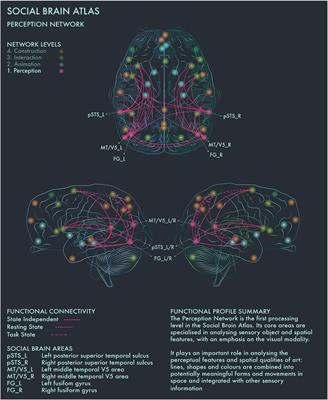EDITORIAL
Published on 14 Jul 2023
Editorial: Possible applications of neuroaesthetics to normal and pathological behaviour
doi 10.3389/fnins.2023.1225308
- 3,054 views
- 3 citations
8,953
Total downloads
49k
Total views and downloads
EDITORIAL
Published on 14 Jul 2023
HYPOTHESIS AND THEORY
Published on 02 May 2023
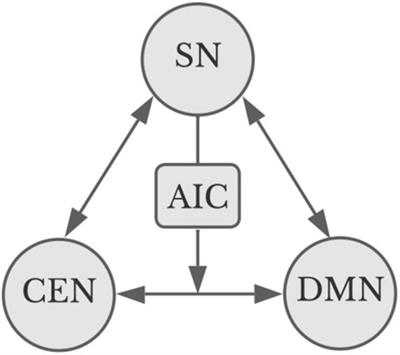
HYPOTHESIS AND THEORY
Published on 25 Apr 2023
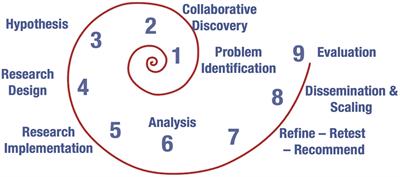
ORIGINAL RESEARCH
Published on 07 Mar 2023

HYPOTHESIS AND THEORY
Published on 08 Sep 2022
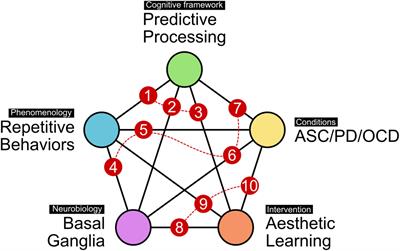
HYPOTHESIS AND THEORY
Published on 13 Jul 2022
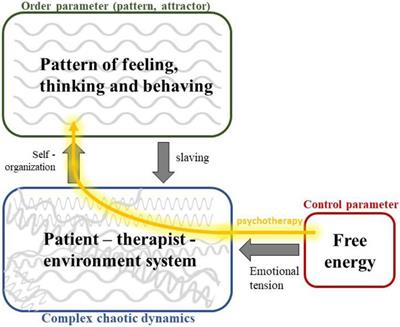
ORIGINAL RESEARCH
Published on 26 May 2022
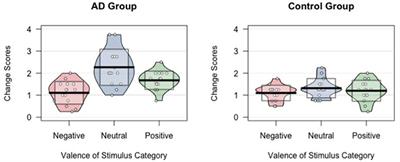
CONCEPTUAL ANALYSIS
Published on 25 Feb 2022
